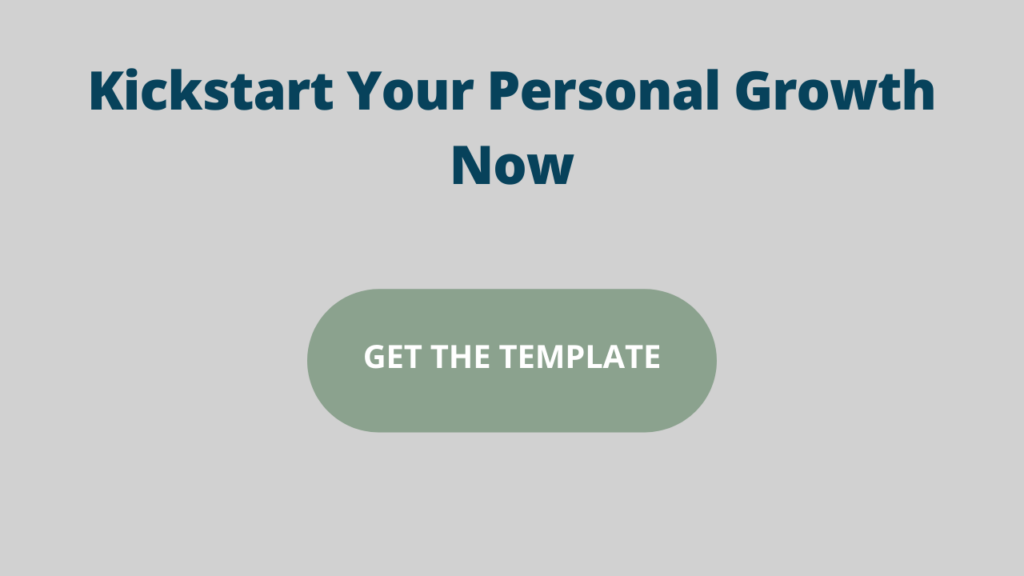If you followed the news around the Olympics a bit, you’ve probably heard of Kamila Valieva, the 15-year-old Russian Figure Skater.
News Outlets around the world wonder: should she be allowed to compete after her positive doping test?
I wonder: how the f*** do you compete for Olympic Gold with 15? Even with the best doping in the world, I have my doubts that 15-year-old-me would have made a good figure at the Olympics (ba-dumts).
Regardless of whether you train for the Olympics or are more the “I’ll have my career in front of a desk, thank you very much”-kind of person, chances are that you feel a bit behind.
- Shouldn’t you have already finished (insert random education certificate here)?
- And how did the new hire at the firm complete the same degree as you and another one on top?
- And what about that 21-year-old on the Forbes 30 under 30 list who already went bankrupt with more startups than you have even thought about?
Well what if feeling behind wasn’t a problem? What if feeling behind simply means you’re doing it right?
Hear me out for a moment:
We feel behind because we believe the wrong story
Let’s start by quickly exploring why we feel behind.
We feel behind because we have an idea of how things should go ideally and measure ourselves against it. It’s like we have a map in our head, a route drawn in and some rough estimations of when we should reach a specific stop. But that approach is flawed from the beginning.
No one gets handed a an actual map (though that might make things easier). Instead, we look at other people around us and apply our idea of how their map could look to work backwards and identify our own map. After all, we’d love to have an objective metric of success.
The problem?
We might have the wrong idea of how a map looks like in the first place. Because we assume that there’s a straight line from where we are to where we want to go.
How do you draw a line?
You connect two dots.
So all we need to do to form the map in our head is to look at where we are right now (the first dot), get a rough idea of where we want to be in 30 years (the second dot) and connect the two.
Easy, right? Now you can just find someone with a similar second dot, see how much progress they’ve made towards it and compare it to your own process. Ta-da.
But that’s not how things work.
We don’t know where the second dot will actually be.
That’s because we are all prone to something called the End-of-History Illusion. It’s our mistaken belief that who we are right now is who we will be in the future. We somehow assume that we’re done growing and that we can make plans for the far-away future based on our current preferences. It’s why we believe that we can somehow figure out where our second dot is supposed to go.
However, if you took a moment right now to reflect and think about who you were one, two or even five years ago – I bet you’d find a ton of differences. Our personality isn’t permanent. We’re constantly growing and adapting, whether you actively work on yourself or not.
Ironically, it just so happens that your personality is particularly in flux between the age of 18 and your late twenties. Which is exactly the time where most of us are supposed to make major career decisions. But the version of yourself that finishes university won’t be the same as the one that picked the topic in the first place.
Which means that the dot you see right now as a worthy end goal is most likely not the dot you’d aim for in a couple years.
It’s not a line. It’s a maze.
Back to our story of the map. So we can’t draw the actual line because we don’t know where our second dot is ultimately supposed to be.
What do we do?
We ditch the idea that we pick “one trajectory”, “one career” or “one path” for life and accept that best case, we can plan ahead for a few years.
Instead of looking for the dot to finish our journey, we look for the dot that represents the next step.
“Here’s who I am at the moment, here are my motivations, here’s what I’ve found I like to do, here’s what I’d like to learn, and here are the opportunities. Which of these is the best match right now? And maybe a year from now I’ll switch because I’ll find something better.”
(quoted from the book Range by David Epstein)
Which means you’re most likely not drawing a straight line on your map. Instead, you’re wandering through your own personal maze, exploring different avenues left and right.
Don’t do everything with the end in mind
Nat Eliason calls this process “High Speed Career Sampling”.
Don’t do a job with your last dot in mind.
If you become a lawyer, don’t ask yourself “How much do I enjoy the thought of being an equity partner at a top tier law firm in 30 years?”. Instead, start working as a lawyer and figure out: do I enjoy the kind of work I need to do right now (in order to get there?)
This obviously doesn’t mean that you should ditch a job simply because you need to do some mundane and annoying tasks. There’s not-so-nice stuff in any career. But if you would need to suffer through the next 10 years in the hope of some distant reward (that Future You might not even want anymore), you might want to rethink some choices.
By all means, if you find a far away dot that seems amazing and worth working towards, go for it. But if you realise that you don’t like the process of getting there, it’s also ok to change your trajectory and look for a different dot.
Back to the map
If we start thinking about our map like that, it only makes sense that we constantly feel behind. We assume that others are moving in a straight line from point A to point B – and compared to that, our zig-zag like course seems long and cumbersome.
However, if we swap out our mental model of linear paths and instead view our journey through the framework of High Speed Career Sampling, it becomes clear that we simply cannot compare two maze with each other. We don’t know where our end point is. We don’t know where someone else’s endpoint is. And without that endpoint, we can’t measure progress.
You feel like you’re behind.
But you’re not.
You’re exploring your maze, one step at a time.


